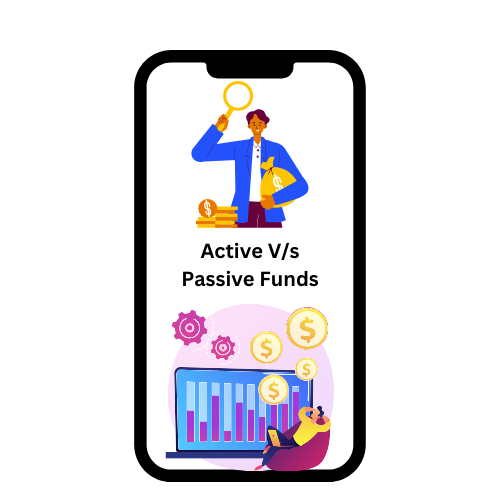Exchange-traded derivatives are securities that are listed and traded on regulated exchanges, such as the Chicago Mercantile Exchange (CME), International Securities Exchange (ISE), Intercontinental Exchange (ICE), or the LIFFE exchange in London, to name a few. These securities include options, futures, and other financial contracts.
Exchange-traded derivatives, unlike their over-the-counter siblings, may be a good choice for some retail investors. The OTC market’s instrument complexity and the specifics of what is being exchanged can be confusing, making it simple to lose one’s way. A financial contract that is listed and traded on a regulated exchange is known as an exchange-traded derivative. In a nutshell, these are derivatives that are exchanged in a controlled setting.
Because they have advantages over Over the counter (OTC) derivatives, exchange-traded derivatives have grown in popularity. Standardization, liquidity, and the absence of default risk are some of these benefits.
Two of the most widely used exchange-traded derivatives are futures and options. Exchange-traded derivatives can be used to manage risk and make predictions about a variety of financial assets, such as commodities, stocks, currencies, and interest rates.
Exchange-traded derivatives are used by both small retail investors and large institutional investors to hedge portfolio values and make speculative bets on price changes.
By having a contrary position in Treasury Futures, Banks may be able to hedge the value of their Treasury portfolio. Currency futures could be used by an import-export company to fix exchange rates for forthcoming transactions.
To protect the value of their stock portfolios, retail investors could buy stock options. They might also only wish to profit from selling an option contract’s premium.
However, huge institutions that might not want their trading intentions to be known to the public or their rivals may find the openness of exchange-traded derivatives to be a burden.



